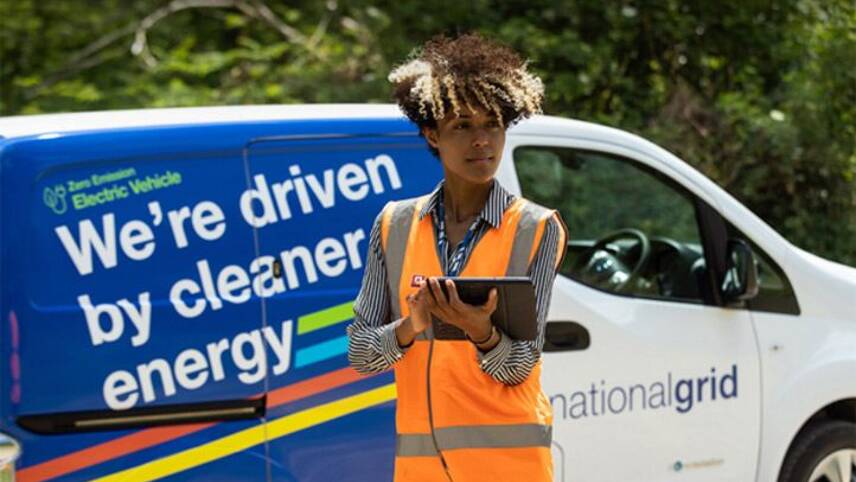Register for free and continue reading
Join our growing army of changemakers and get unlimited access to our premium content

The new targets cover emissions from all Scopes
The new targets will see the organisation reduce its Scope 1 (direct) and Scope 2 (power-related) emissions by 80% by 2030, rising to 90% by 2040, against a 1990 baseline. It has pledged to invest around £5bn in energy infrastructure annually going forward to help meet these ambitions.
As for Scope 3 (indirect) emissions, National Grid has pledged to reduce the emissions generated from the electricity and gas sold to customers by one-fifth by 2030, against a 2019 baseline. This is its largest source of Scope 3 emissions.
The organisation has also committed to ensuring that the emissions reductions resulting from decreased business flights during Covid-19 are preserved. It will ensure that staff and visitors travel at least 50% fewer air miles each year than in 2019 through to mid-century and will purchase carbon credits to offset emissions from the remaining flights.
Additionally included in National Grid’s updated strategy is a pledge to switch to a zero-carbon vehicle fleet by 2030. Fully electric models will replace light-duty vehicles, while alternatives will be explored for HGVs and medium-duty vehicles.
The SBTi has verified National Grid’s new targets in line with its ‘well below 2C’ pathway. National Grid first announced an ambition of reaching net-zero by 2050 last November and will report annually on progress towards this long-term ambition, as well as each of its interim goals.
“Society’s expectations of business and the role business plays in the world are changing,” National Grid’s chief executive John Pettigrew said. “We share the belief that business needs to stand for something more than profitability. Now, more than ever, we have a responsibility to demonstrate our contribution to society more broadly.”
Purpose is expected to play a key role in the corporate approach to recovering from Covid-19. The chief executives of companies with collective annual revenues of more than $100bn recently issued an open letter urging governments to “recognize the purpose-first sector” in their stimulus planning.
The future of energy
The operating firm for National Grid is predicting that the UK’s electricity grid could capture, offset or absorb more carbon than it emits by as early as 2033, if efforts to scale up renewable energy generation and carbon capture technologies are accelerated.
After stating that Great Britain’s electricity system can operate as a zero-carbon grid by 2025, National Grid ESO this summer updated its Future Energy Scenarios predictions to ensure that three of the four pathways align with the UK Government’s net-zero target.
Sarah George


Please login or Register to leave a comment.